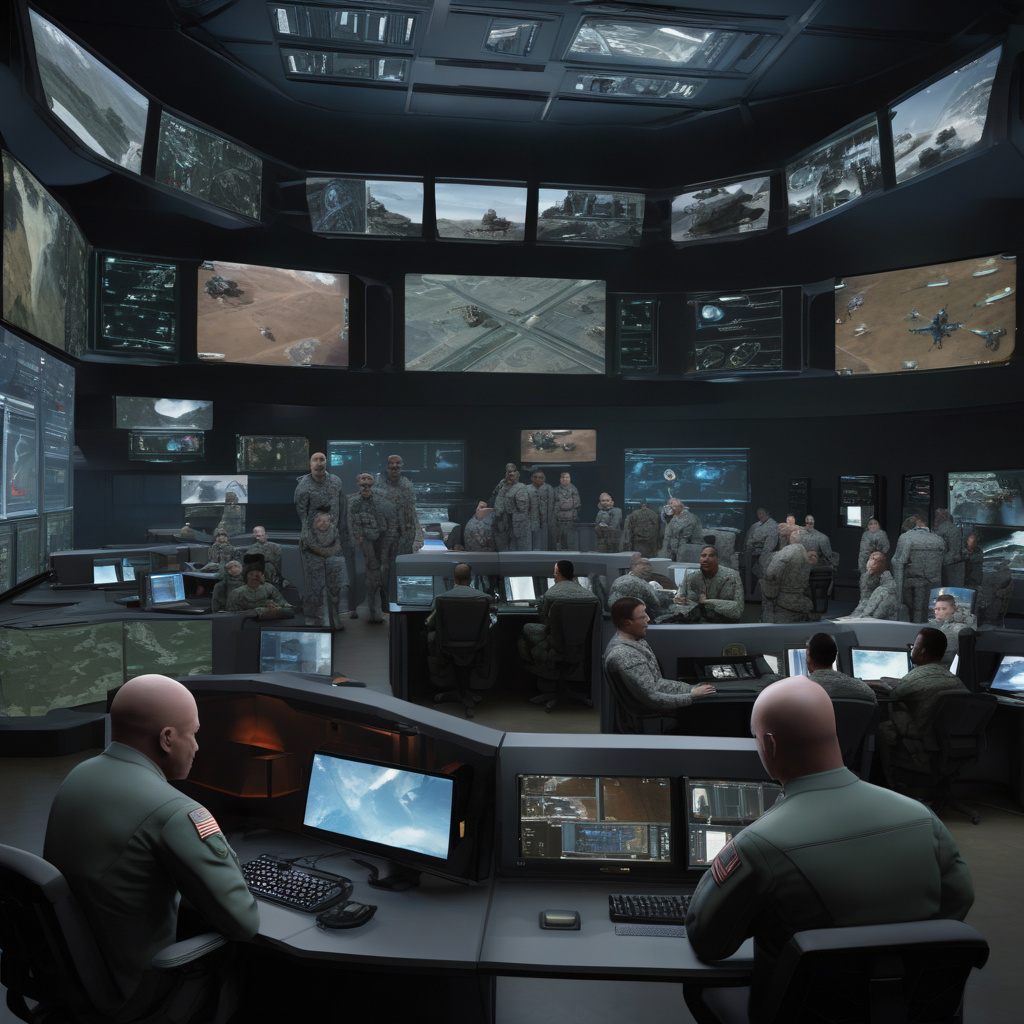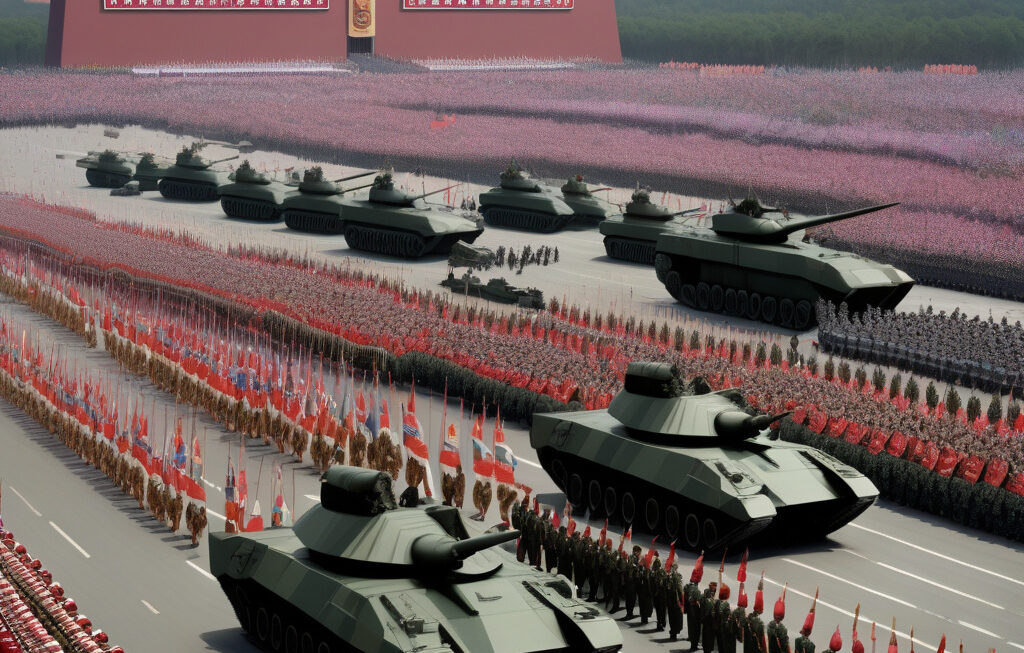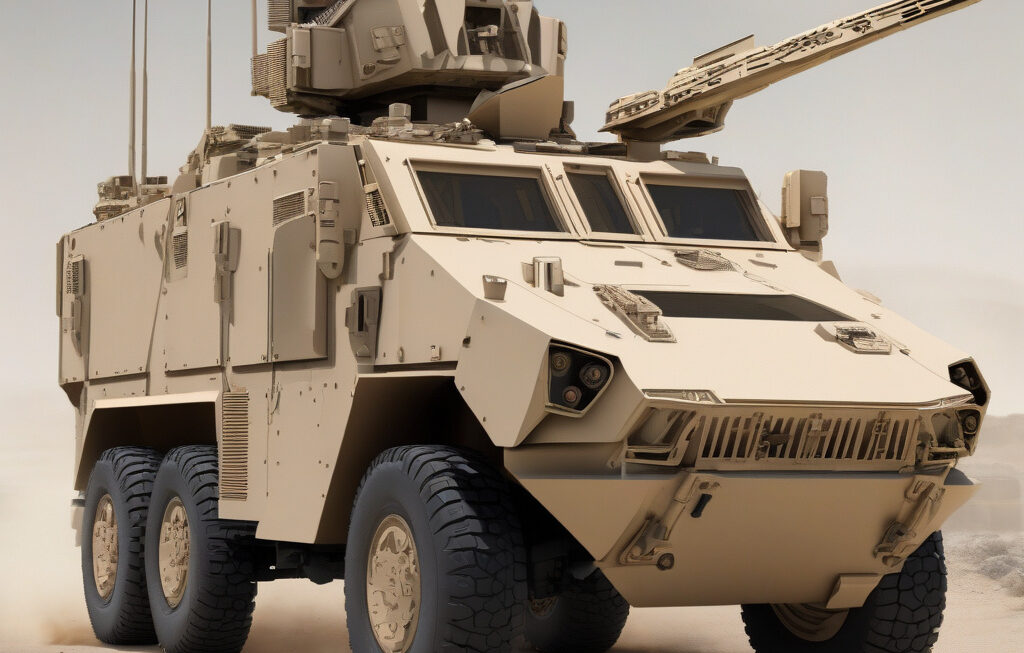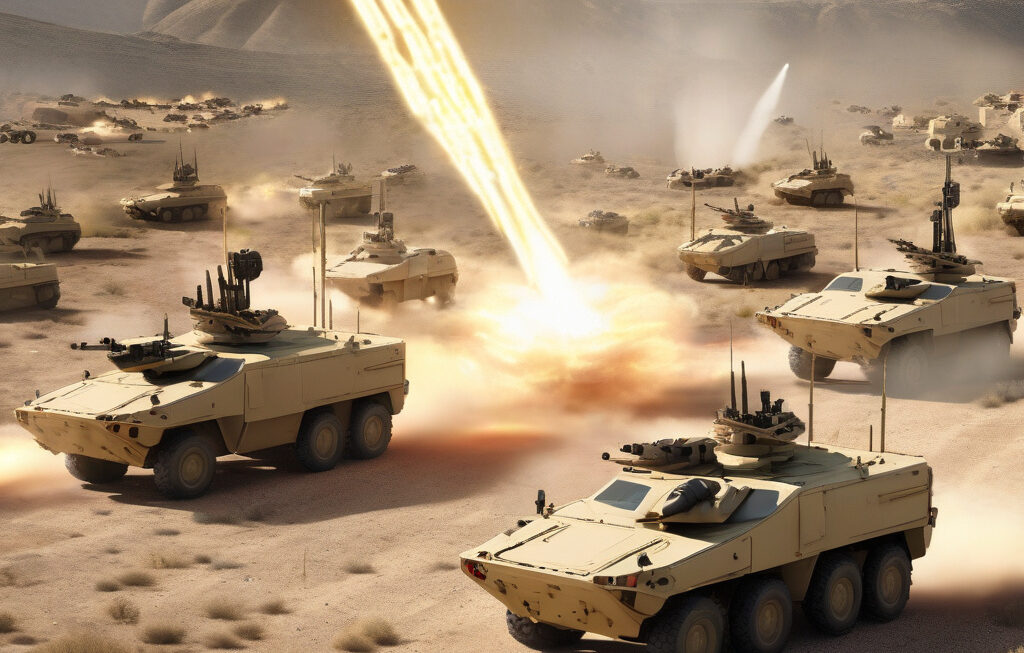The ‘Wild West’ of AI: Defense Tech, Ethics, and Escalation
In our latest episode of Lexicon, we sat down with Will Ashford-Brown, Director of Strategic Initiatives at FutureFrontier, to discuss the rapidly evolving landscape of artificial intelligence (AI) in the defense sector. As AI technologies continue to advance at an unprecedented rate, the line between science fiction and reality is becoming increasingly blurred, raising critical questions about ethics, security, and the potential for global escalation.
One of the key areas of concern in the realm of AI and defense is the concept of autonomous weapons systems. These systems, which have the ability to independently identify and engage targets without human intervention, represent a significant departure from traditional methods of warfare. While proponents argue that autonomous weapons can reduce human casualties and make split-second decisions in high-pressure situations, critics warn of the potential for catastrophic errors and the erosion of ethical standards on the battlefield.
The development of AI-powered defense technologies also raises important questions about accountability and oversight. Who is ultimately responsible when an autonomous system makes a mistake? How can we ensure that these technologies are used in a manner that aligns with international law and human rights standards? As countries around the world race to gain a strategic edge through AI, establishing clear guidelines and regulations will be essential to preventing unintended consequences and preserving global stability.
Moreover, the proliferation of AI in defense applications has the potential to spark a new arms race, with nations competing to develop increasingly sophisticated and capable systems. The concept of escalation looms large in this context, as the quest for technological superiority could lead to a dangerous cycle of action and reaction. To prevent the ‘Wild West’ of AI from descending into chaos, global cooperation and dialogue will be essential to promote transparency, trust, and mutual understanding.
Despite these challenges, AI also holds immense promise for enhancing security, improving efficiency, and saving lives. From predictive analytics that can anticipate threats before they materialize to unmanned vehicles that can perform dangerous missions with precision, the potential applications of AI in defense are vast and varied. By harnessing the power of AI responsibly and ethically, we can unlock a new era of innovation and progress in the field of national security.
As we navigate the complex and rapidly changing landscape of AI in defense, it is clear that a thoughtful and proactive approach is needed to harness the benefits of this technology while mitigating the risks. By engaging in open dialogue, fostering collaboration between industry, government, and civil society, and prioritizing ethical considerations at every step, we can chart a course towards a future where AI serves as a force for good in the world.
#AI, #DefenseTech, #Ethics, #Security, #Innovation












